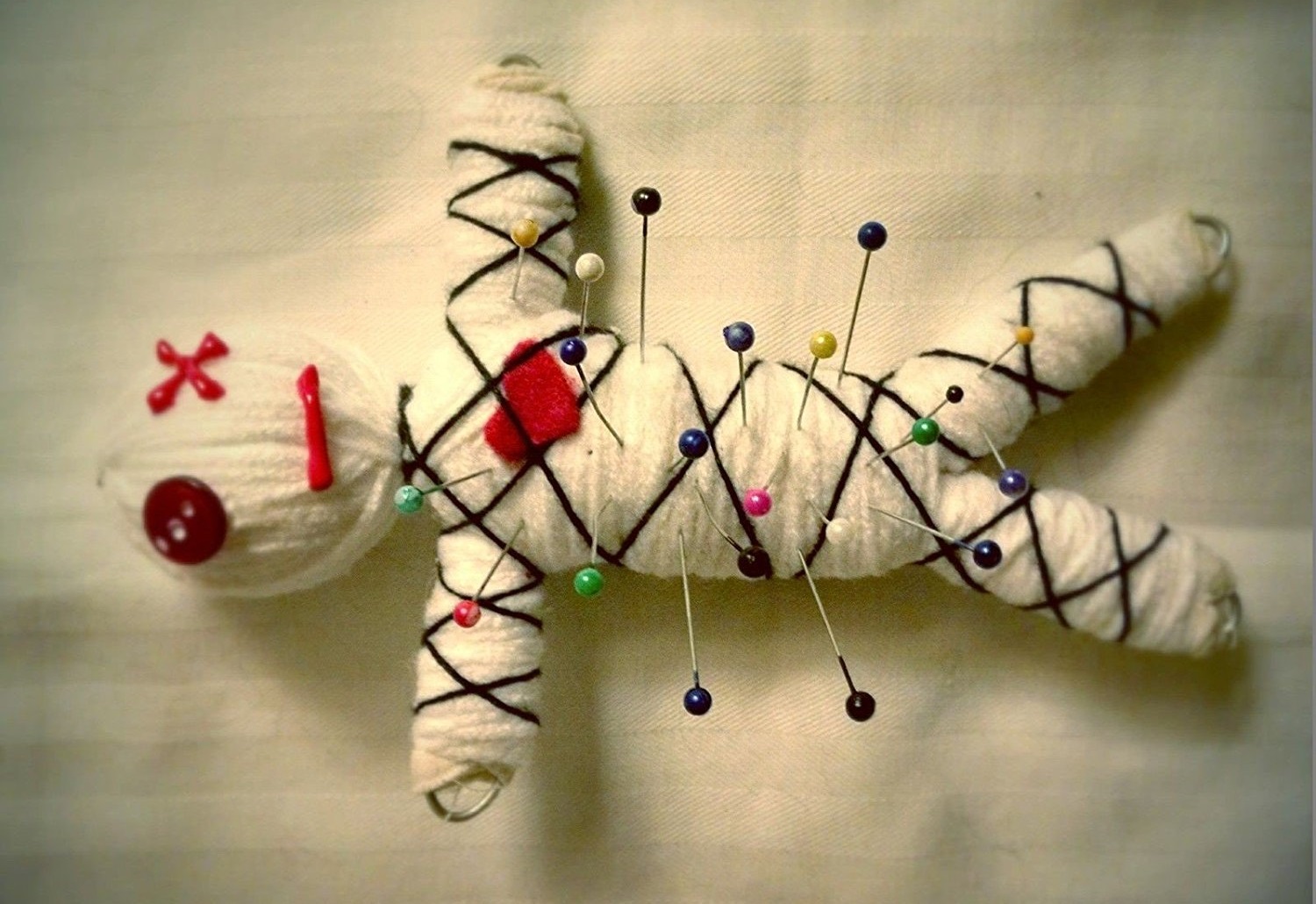When you think about voodoo, you may think about dark magic, evil sorcery and a pin-riddled voodoo doll causing grief to an unsuspecting target. This misconception about voodoo stems from depictions in TV shows, movies, and books, but it is mostly unfounded. With a closer look at the history of voodoo, you may discover its benign roots and positive impact on its followers.
Understanding Voodoo as a Religion
The exact origin of voodoo is not known, and how it is practiced varies by location and community. However, voodoo means “spirit” or “spirit of God,” and it aptly describes the practice of voodooists. While this religion is centered around one benevolent god known as Bondye, there are several spirts serving under the primary deity that governs things like love, family issues, finances and more. Voodooists believe in the visible world as well as an unseen realm where these spirits prevail. By practicing rituals and requesting blessings of these various spirits, voodooists directly summon them and request their response.
Voodoo’s Early Roots
While the history of some religions can be traced back to a specific origin, this is not the case for voodoo. The common belief now is that voodoo evolved from ancient practices associated with worshiping animals and ancestors. The primary area in West Africa where people today believe voodoo started is in Benin. However, the religion has evolved dramatically over the years. Some people even view voodoo as a way of life rather than as a religion because its practices are a culmination of ethics, songs, folklore and other cultural elements that have been passed down over many generations.
A Closer Look at Modern Voodoo
Modern voodoo is common across the Caribbean and in the southeastern United States. This may be because these areas were heavily populated by individuals who were displaced by the slave trade from West Africa in the 16th through 18th centuries. Slaves had a unique experience from voodooists who remained in West Africa. They relied on voodoo as a source of strength and sustenance during extreme hardship and suffering. In some areas, slaves were required to convert to Christianity. While many obliged, they continued practicing voodoo as well. Over time, the North American version of voodoo in many areas has incorporated some Christian elements into practices and beliefs.
Now that you understand the positive and powerful forces associated with true voodoo, you can see that the use of a voodoo doll, potions and spells is not always associated with evil. In fact, you may be ready to reach out to voodoo spirits and seek their blessings in your life.

